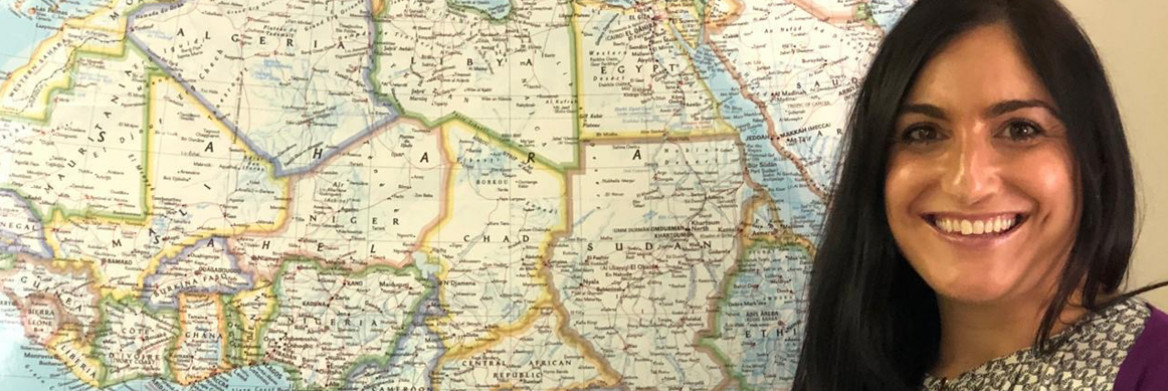S/Sgt. Marie-Josee Homsy is one of 40 RCMP liaison officers (LOs) stationed overseas to help with major investigations and act as vital link between foreign and Canadian agencies. Based in Pretoria, South Africa, Homsy's area of responsibility includes 16 countries. She spoke to Paul Northcott about her job, the challenges and the qualities of a successful LO.
What do you do as a liaison officer?
I respond to routine requests, like for the travel history of a person of interest. Then there are more complicated ones that might involve Canadian police wanting their South African counterparts to assist with undercover operations or physical surveillance. I'll ask my contacts here in South Africa, but like police forces back home, they have challenges with staffing, managing local demands and don't always do things the way Canadians do things. Our African partners may say 'Yes', but they may say 'No'. We can't demand things and I can't jeopardize my international relationships. I also assist with intelligence-sharing and help local investigators in the countries I oversee.
Why did you want to become a liaison officer?
I've always been interested in international work. I served in Haiti as part of a UN Mission and I saw LO work as an opportunity to continue aspects of that work overseas. Personally, I enjoy the challenges of being on my own. I also love travelling and seeing different parts of the world, and learning new things.
What are the qualities of a good LO?
You have to put your time in policing and get as much experience as you can. I worked general duty in P.E.I., I was a team lead on a joint task force in Cornwall, Ont., and I worked for the Integrated National Security Enforcement Team in Ottawa. RCMP members who want to become LOs should also try to find opportunities to work with our Canadian partners, like Canada Border Services Agency and other law enforcement agencies. The more experience you have, the better. You have to be resourceful, be able to figure out things on your own, and have good problem-solving skills.
Where have you served?
In 2016, I was selected for an LO deployment to The Hague (home of the Dutch Parliament and the U.N.'s International Court of Justice). I worked on a relief basis briefly in Paris and in 2018 I came to South Africa, which is where most of my work is focused.
With such a large area of responsibility, how do you stay up to date on information that impacts your job?
When I came to Pretoria, the departing LO organized a meet-and-greet so I could get to know local officials and the other international LOs. That was instrumental since I often rely on them for help and liaison officers are a pretty tight-knit group. When I get requests — involving South Africa or any of the other countries — that I can't answer, I'll reach out to my local contacts first. If that that doesn't work, I'll contact my fellow LOs and if I still need help, I'll reach out to Interpol — The International Criminal Police Organization.
What about language?
I'm bilingual and there are a lot of former French colonial countries here where French is widely spoken. In South Africa, there are 11 official languages. Fortunately, all the LOs have an administrative support person who can help when translation is required. But for some other deployments, an LO needs to speak the local language.
What's the best thing about the job?
It seems almost every day I work on something new. Like general duty officers — you might get a lot of requests that seem the same; but they always come with a little twist that make them different and more challenging.
